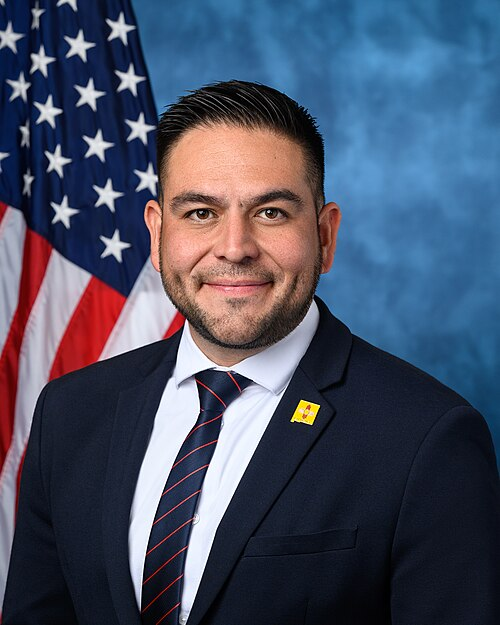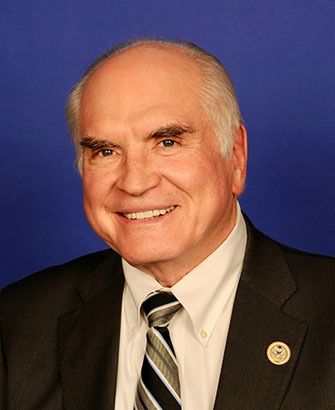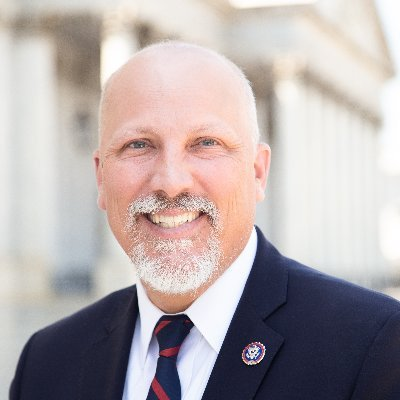H.R. 4905: Energy Workers Health Improvement and Compensation Fund Act
This bill, titled the Energy Workers Health Improvement and Compensation Fund Act, aims to assist workers in the energy sector by establishing a trust fund called the Energy Workers Health Compensation Fund. The fund will be used to compensate eligible energy workers and their family members for certain medical expenses related to specific health conditions. Here’s a breakdown of the key components of the bill:
Creation of the Energy Workers Compensation Fund
The bill creates a trust fund in the U.S. Treasury known as the Energy Workers Health Compensation Fund. The fund will be financed by contributions from oil companies based on compensation payments made to their top employees.
Funding Mechanism
- Annual Payments: Each oil company must pay a contribution equal to the total compensation (including deferred compensation) given to its ten highest-paid employees for the previous calendar year, due by March 31 of the following year.
- Penalties for Underpayment: If an oil company’s payment is determined to be less than 98% of the required amount, they will owe an additional 10% on the shortfall.
- Voluntary Contributions: Oil companies can voluntarily contribute additional funds to the Compensation Fund, up to the amount they are required to pay for their top employees.
- Tax Treatment: Contributions made by oil companies to the fund will not be tax-deductible.
Medical Compensation for Eligible Workers
Eligible workers and their family members will be entitled to compensation for medical expenses, which may include copayments and costs not covered by other insurance, for conditions such as:
- Asthma
- Heat-related illnesses
- Respiratory and cardiovascular diseases linked to methane emissions and air quality issues.
This compensation will be paid directly from the established trust fund.
Establishment of a Commission
The bill mandates the formation of a commission within 90 days of enactment. This commission will focus on understanding and improving health outcomes for oil and gas workers. The commission members will represent various stakeholders, including:
- Health and labor departments
- National Institutes of Health
- Occupational Safety and Health Administration
- Advocacy groups
- Representatives from key states with energy industry activity (e.g., Texas, Alaska, Louisiana)
The commission will be tasked with developing recommendations for the Secretary of Labor on actions to enhance health outcomes for energy workers, with an initial report due within 18 months.
Reporting Requirements
The Secretary of Labor must provide an annual report to the commission regarding the fund, detailing deposits and compensation payments.
Definitions
The bill defines key terms, such as:
- Eligible Worker: An individual who works or has worked at an oil and gas extraction site or lives nearby.
- Oil Company: A company engaged in oil or gas exploration or extraction with annual revenue over $50 million.
- Family Member: Spouse, child, or parent of an eligible worker who also lives near an extraction site.
Overall Purpose
The overarching purpose of the bill is to ensure that energy workers and their families have access to necessary medical reimbursements related to the health impacts of their work, supported by funding from the industry that employs them.
Relevant Companies
- XOM (ExxonMobil) - As a major oil company, it is likely to be significantly impacted by the contribution requirements and potential expenses associated with worker compensation claims.
- CVX (Chevron) - Similar to ExxonMobil, Chevron will be required to pay into the compensation fund based on employee compensation levels, impacting its financial obligations.
- SHEL (Shell) - Shell will also face requirements to contribute to the fund based on the compensation of its top employees, influencing its financial strategies.
This is an AI-generated summary of the bill text. There may be mistakes.
Sponsors
1 sponsor
Actions
2 actions
| Date | Action |
|---|---|
| Aug. 05, 2025 | Introduced in House |
| Aug. 05, 2025 | Referred to the Committee on Education and Workforce, and in addition to the Committee on Ways and Means, for a period to be subsequently determined by the Speaker, in each case for consideration of such provisions as fall within the jurisdiction of the committee concerned. |
Corporate Lobbying
0 companies lobbying
None found.
* Note that there can be significant delays in lobbying disclosures, and our data may be incomplete.






























